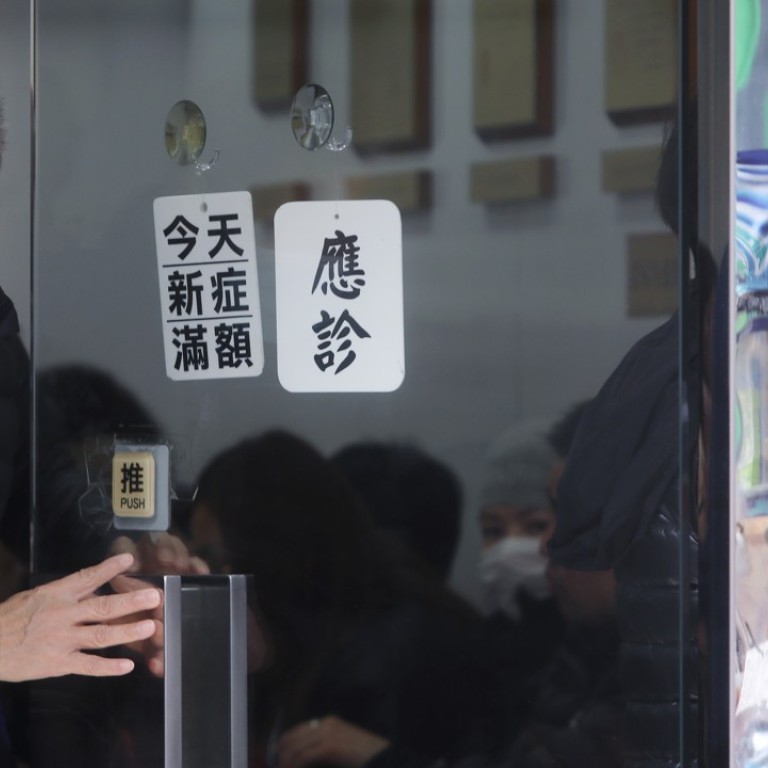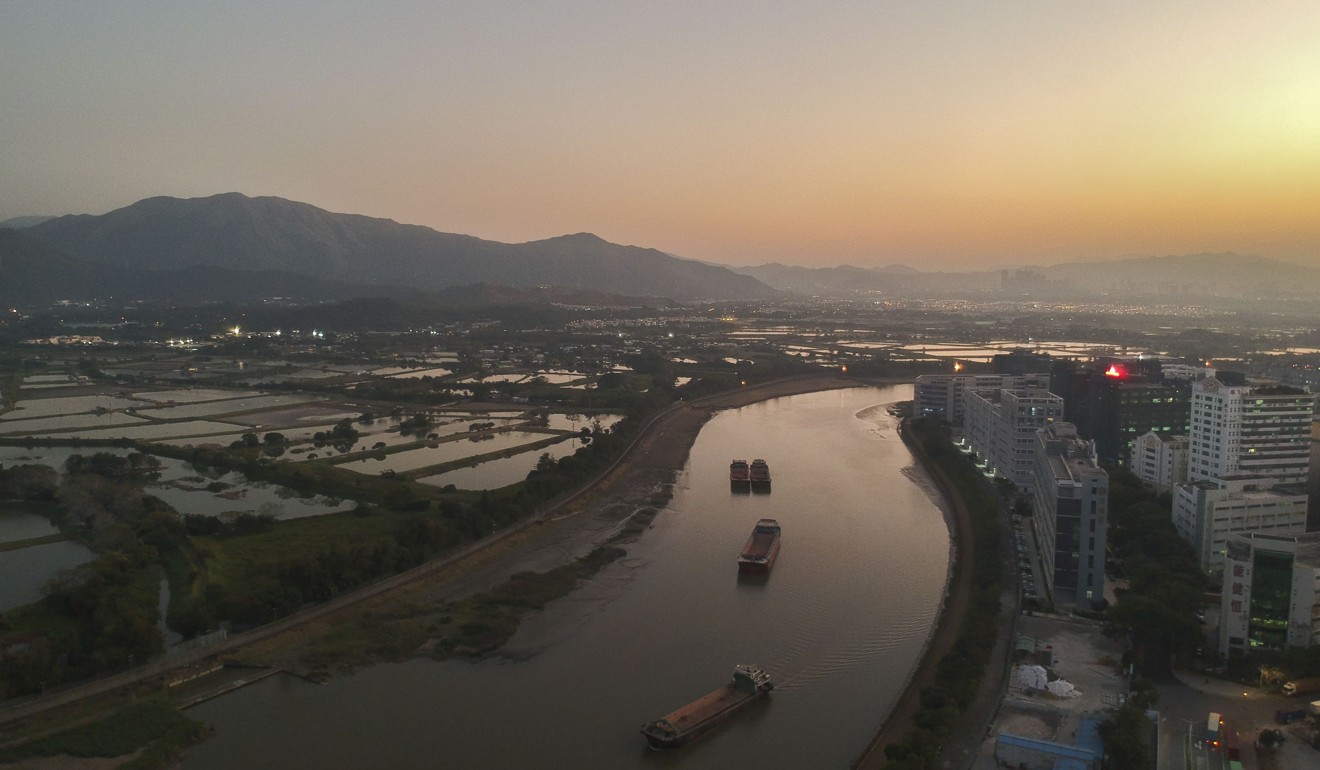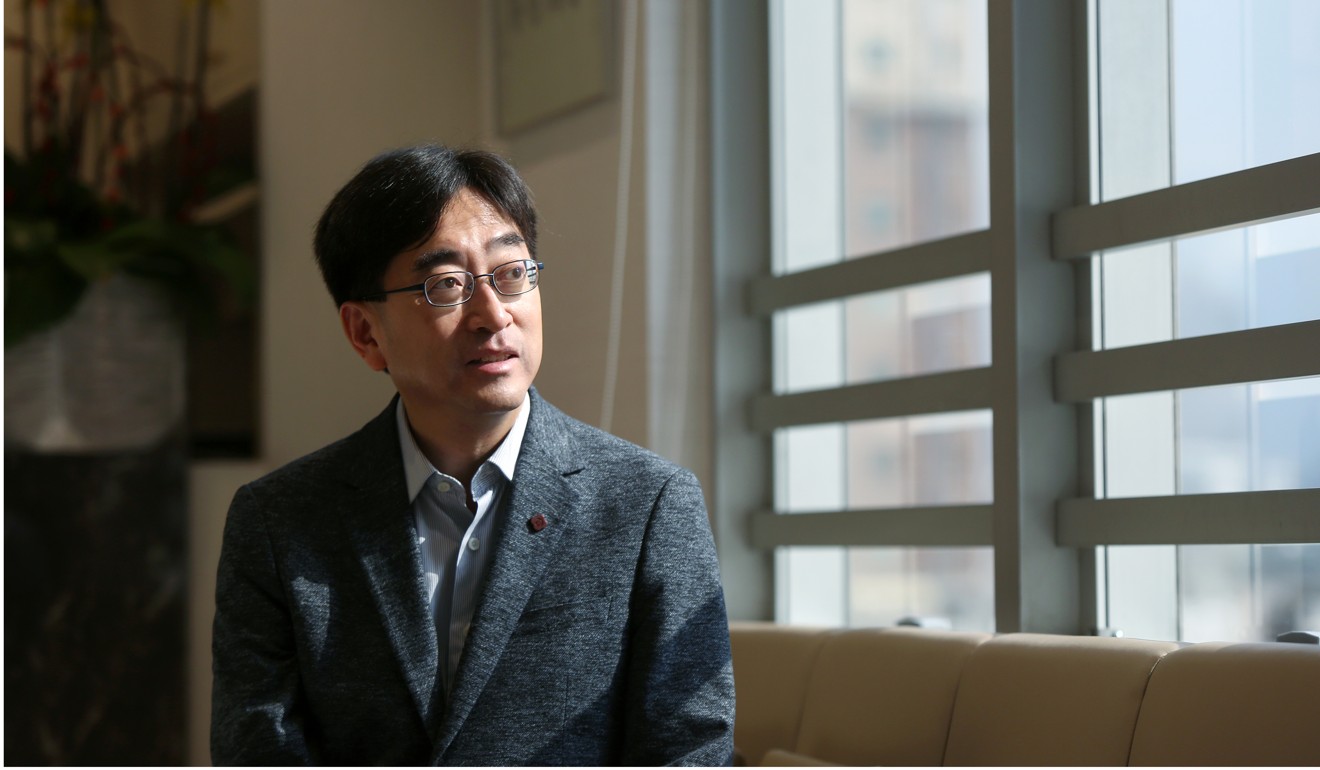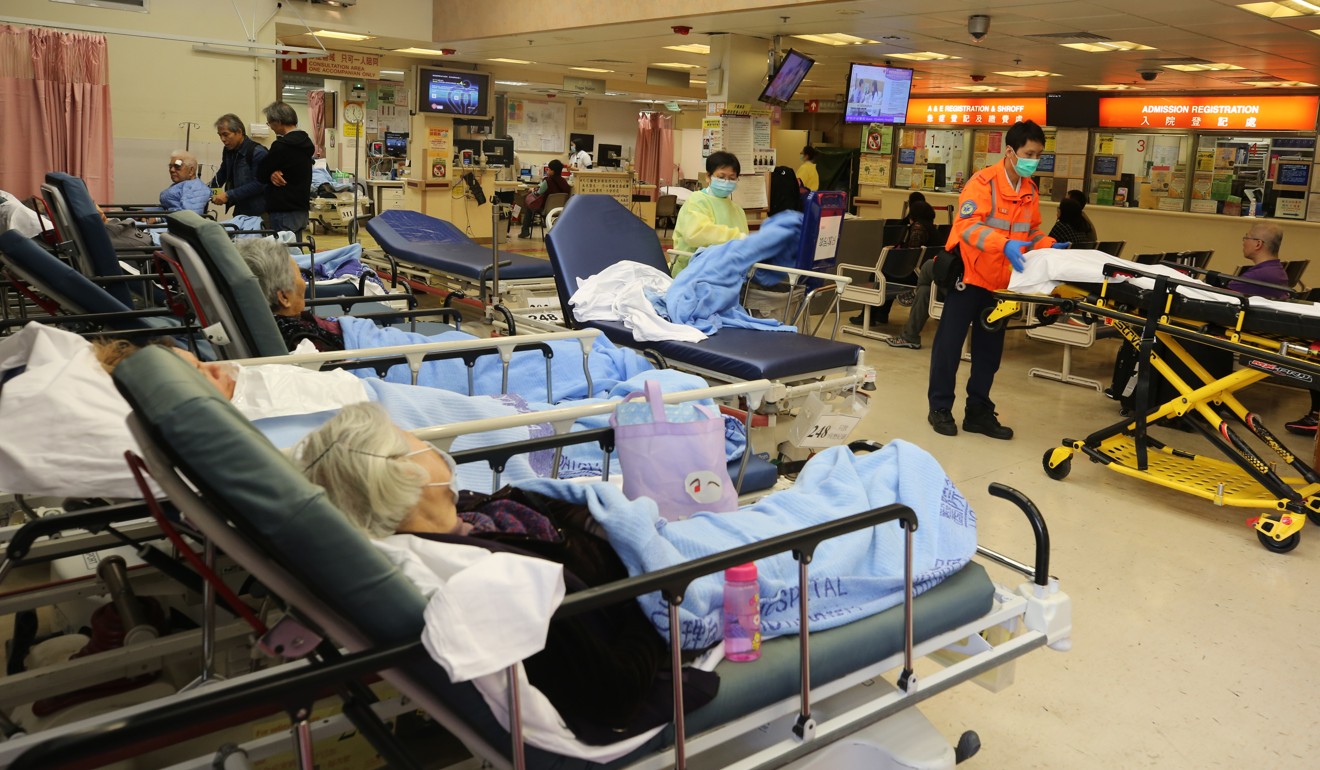
How can China’s Greater Bay Area improve health care to lure Hong Kong retirees and doctors?
Two Hong Kong medical experts lay out how firms from the city can muscle in on the mainland’s burgeoning private sector as Beijing implements its grand plan for the Pearl River Delta
Hong Kong doctors seeking a slice of the mainland China market and residents considering retirement across the border stand to gain if ideas from two of the city’s best-known medical professionals come to pass in the “Greater Bay Area”.
Former health minister Dr Ko Wing-man and Hong Kong’s richest ophthalmologist Dr Dennis Lam Shun-chiu have offered several recommendations to boost health care services in Beijing’s project to foster social and economic integration between Hong Kong, Macau and cities in the Pearl River Delta.
Both serve as advisers to the Chinese government – Ko directly on the bay area scheme and Lam as a national lawmaker.
Ko, a member of the Chinese People’s Political Consultative Conference, the nation’s top political advisory body, suggested mainland officials set up an independent professional body for the area to regulate medical practitioners, similar to the Medical Council of Hong Kong. No such body exists on the mainland, which has more than two million doctors.

Ko was a senior manager at several Hong Kong public hospitals during his career but resigned after the outbreak of severe acute respiratory syndrome in 2003.
“Through cooperation in the Greater Bay Area, there are many experiences we in Hong Kong can share which might help China revamp its medical system,” Ko told the Post in an exclusive interview.
“In a way, the medical system on the mainland is developing in a direction quite like Hong Kong’s ... although it will not be possible for them to follow our system completely.”
Boost Greater Bay Area integration with more sporting and cultural events for our youth
Ko welcomed moves by mainland authorities to loosen restrictions on private hospitals, which he said had an important role to play in easing the burden on overwhelmed state-run clinics.
However, ophthalmologist Lam, a local deputy to China’s national legislature, told the Post in a separate interview in Beijing that even with a growing private health care sector there were a number of obstacles for Hong Kong clinics looking for a slice of the massive mainland market. This despite the fact Hong Kong medical brands had been “well received” across the border.

The founder of C-Mer Eye Care Holdings, which is backed by Tencent chairman and founder Pony Ma Huateng, said there should be tax cuts for health care products in the Greater Bay Area and reduced profits tax for firms in the sector.
He said the cost of an artificial lens for cataract surgery on the mainland, including import tax and value added tax, was about HK$3,000 (US$382) – three times the price in Hong Kong.
Hong Kong’s opposition lawmakers spearhead mainland China visit to see how Beijing’s Greater Bay Area vision for regional growth stacks up
The requirement that Hong Kong people pay mainland tax after staying there more than 183 days should also be relaxed, to 200 days, he added.
C-Mer has set up two hospitals across the border – in Shenzhen and Beijing – and is planning more elsewhere in the country. The company, which has five eye centres in Hong Kong, was the first foreign investor to wholly own an eye hospital on the mainland.
“Hongkongers will only be attracted to retire on the mainland if good medical services are available,” Lam said.

He proposed authorities for the Greater Bay Area follow the Hong Kong Hospital Authority’s list of approved drugs, to boost patient confidence.
Retirees moving across the border could help ease the pressure on Hong Kong’s overcrowded public hospitals. The proportion of local residents aged 65 or older increased from 12 per cent in 2006 to a new high of 16 per cent in 2016. This figure is expected to balloon to 24 per cent by 2025.
Hong Kong needs more financial innovation to effectively tap Greater Bay Area opportunities
Lam said that for Hong Kong medical companies to set up across the border, more personnel would be needed. He proposed the city’s two medical schools run projections on the numbers required and recruit more students.
“The window of opportunity is very narrow … Many developed countries such as Britain, the United States and Australia would like to get involved” in the bay area’s private medical market, Lam warned. He urged Hongkongers and the government to act fast.
Ko, who stepped down as Hong Kong secretary for food and health last year, was recently appointed one of nine local medical consultants for the bay area project. The first conference to discuss health care was held in January in Huizhou, at which Ko made a series of recommendations, including on regulating doctors.
The largest professional doctors’ group on the mainland, the Chinese Medical Doctor Association, only defines professional conduct and has no legal power to take disciplinary action over medics’ malpractice.
“They should make reference to the Medical Council of Hong Kong, which can strike off a doctor’s licence in a case of misconduct, but the model would not fit the mainland completely because of the large population,” Ko said. “I think doctors will have to be regulated at the provincial or city level.”
Additional reporting by Elizabeth Cheung


